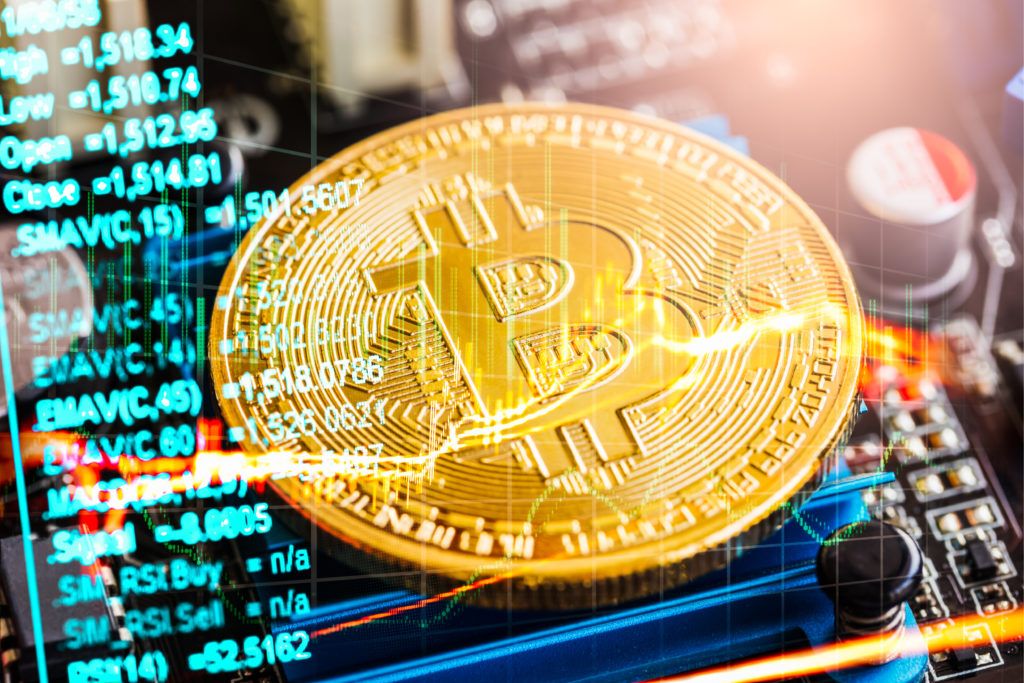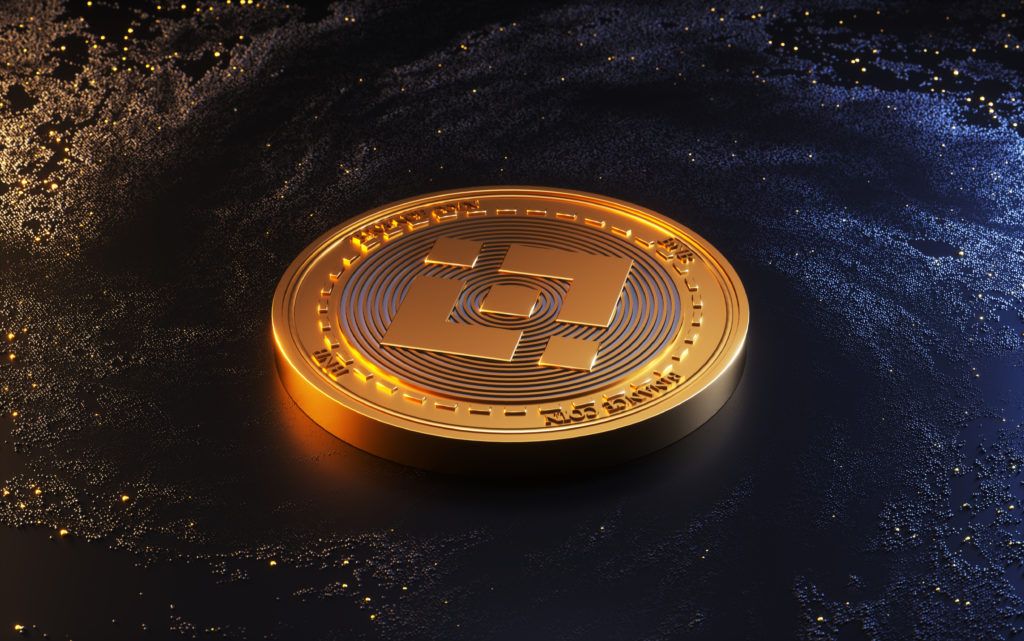In the past, cryptocurrency exchanges have typically been associated with risk — largely owing to the fact that the great majority of all Bitcoin (BTC) ever stolen was taken from exchange wallets.
However, while centralized exchanges have gotten a bad reputation in the past, they are also largely responsible for the overall success of the cryptocurrency industry. By allowing both retail and institutional investors to easily buy, sell and trade cryptocurrencies, these platforms provided the liquidity necessary to support a booming economy.
Beyond this, with more new exchanges springing up than ever before, more established platforms have their feet held to the fire and are forced to improve their services amidst growing competition.
In light of this, let’s take a look at some of the positive ways cryptocurrency exchanges have changed for the better as demand has grown.

Less Variety is a Good Thing
If you harken back to the earlier days of cryptocurrency, you might remember a time when practically every digital asset — whether popular or not — was able to find itself listed on a major exchange. In late 2018 and beyond, the tone has changed from being a free-for-all for exchanges to being a more restrained environment. Nowadays, the great majority of prominent exchange platforms require specific minimum criteria to be met before considering listing new digital assets. Often, these minimum criteria include a sufficient budget, to pay a hefty exchange listing and integration fee. This both demonstrates that a project is capable of supporting itself long-term, and of course, provides a financial incentive to the exchange platform. Beyond this, several exchanges have begun delisting underperforming assets — axing cryptocurrencies that lack sufficient development, community support, or security. This has the dual function of both protecting users from market manipulation (since low volume assets are easier to pump and dump) and maintaining the overall quality of the market. There is perhaps no more prolific exchange in this regard than Binance, which delists tokens on a regular basis when they fail to meet its stringent quality criteria. Most recently, Binance delisted Bitcoin SV after Binance CEO Changpeng Zhao labeled Craig Wright a fraud.
Better Incentives Available
One of the more appealing ways cryptocurrency exchange platforms have changed in the last year or so is the way they incentivize users — both old and new. Arguably, the major way cryptocurrency exchanges better incentivize traders in 2019 is through reduced trading fees. Unlike the early days of cryptocurrency exchanges, few exchanges have a fixed trading fee for all users, since most exchanges now opt for a tiered fee schedule which takes trade volume into account. Other innovative exchanges, such as XCOEX, are also getting in on the action by running regular promotions to help both bring new users into the industry and evangelize the benefits of cryptocurrency. As it stands, XCOEX is currently planning to launch its latest promo, offering its users the opportunity to win $1,000 in Bitcoin Cash (BCH), simply by registering for the promotion and following a few quick steps. Beyond temporary promotions, many exchanges have also begun offering their own token, which usually offers some benefit to traders on the platform. Most commonly, token holders will be provided with a trading fee reduction or rebates, such as Binance Coin (BNB) and Huobi Token (HT). Beyond this, a small number of exchanges, including KuCoin, distribute dividends to token holders — giving a financial incentive to help the exchange grow beyond the standard referral system.
Funds are SAFU
After what can only be described as an abysmal 2017 and 2018 for user security, many prominent exchanges have taken the opportunity to bolster their security by implementing much stricter controls on the movement of funds. The most common way this is achieved is through the enforcement of two-factor authentication, with many exchanges now mandating users to activate SMS or authenticator-based two-factor authentication. However, others have taken it even further, by offering advanced security features such as IP lockouts, withdrawal address whitelisting and multi-signature wallets to make it very difficult to steal funds from compromised accounts. Beyond this, a small handful of cryptocurrency exchange platforms have begun offering insurance for user funds, with typically enough coverage to reimburse all funds stored in the exchange hot wallet. One such exchange is Gemini, which provides coverage for both cryptocurrencies and fiat currency stored on the platform. Other exchanges have taken a different stance on the subject, such as Binance, which maintains a secure asset funds for users (SAFU), which can be used to reimburse its users in the case of an emergency. One such emergency happened only recently, as more than $40 million was stolen from the exchange’s hot wallet — despite the extreme security practices Binance has in place to prevent such occurrences. Despite hacks still occurring every now and then, these are usually somewhat minimized, since the great majority of popular exchange platforms store the bulk of user funds in cold storage. As such, with exchange security gradually improving across the board, there has never been a safer time to trade cryptocurrencies! What changes do you hope to see from exchange platforms in 2019 and beyond? Let us know your thoughts in the comments below!
Top crypto platforms in the US
Disclaimer
In adherence to the Trust Project guidelines, BeInCrypto is committed to unbiased, transparent reporting. This news article aims to provide accurate, timely information. However, readers are advised to verify facts independently and consult with a professional before making any decisions based on this content. Please note that our Terms and Conditions, Privacy Policy, and Disclaimers have been updated.

Daniel Phillips
After obtaining a Masters degree in Regenerative Medicine, Daniel pivoted to the frontier field of blockchain technology, where he began to absorb anything and everything he could on the subject. Daniel has been bullish on Bitcoin since before it was cool, and continues to be so despite any evidence to the contrary. Nowadays, Daniel works in the blockchain space full time, as both a copywriter and blockchain marketer.
After obtaining a Masters degree in Regenerative Medicine, Daniel pivoted to the frontier field of blockchain technology, where he began to absorb anything and everything he could on the subject. Daniel has been bullish on Bitcoin since before it was cool, and continues to be so despite any evidence to the contrary. Nowadays, Daniel works in the blockchain space full time, as both a copywriter and blockchain marketer.
READ FULL BIO
Sponsored
Sponsored
